Medicine Overview of Motigut 10mg Tablet
Motigut 10 is a prescription medicine used in the treatment of indigestion, nausea and vomiting. It blocks the substance on the brain that triggers nausea or vomiting and it also increases the movement of food in the stomach, thereby improves digestion. Motigut 10 is taken before meals in a dose and duration as advised by the doctor. The dose you are given will depend on your condition and how you respond to the medicine. You should take this medicine until your doctor tells you to stop. Let your doctor know about all other medications you are taking as some may affect, or be affected by this medicine. The most common side effects are headache, dry mouth, and stomach pain. Most of these are temporary and usually resolve with time. Contact your doctor straight away if you are at all concerned about any of these side effects. It also causes dizziness and sleepiness, so do not drive or do anything that requires mental focus until you know how this medicine affects you. Avoid drinking alcohol while taking this medicine as it can worsen your sleepiness. This medicine may also cause diarrhea, so it is better to take plenty of fluids while taking this medicine as it may help to prevent dehydration. Before taking this medicine you should let your doctor know if you have liver or kidney problems. You shouldn’t take it at the same time as an antacid. Pregnant women should also consult their doctor. You should avoid this medicine if suffering from bleeding ulcers of stomach.
- Indigestion
- Nausea
- Vomiting
- Headache
- Dryness in mouth
- Stomach pain
- Diarrhea
-
Motigut 10 helps relieve nausea, vomiting and indigestion.
-
It should be taken before meals as per the dose and duration prescribed by your doctor.
-
It may cause dizziness and sleepiness. Do not drive or do anything that requires mental focus until you know how it affects you.
-
Avoid consuming alcohol when taking Motigut 10 as it may cause excessive drowsiness.
-
Dry mouth may occur as a side effect. Frequent mouth rinses, good oral hygiene, increased water intake and sugarless candy may help.
-
Inform your doctor if you get watery diarrhea, fever, or stomach pain that does not go away.
-
Do not take it for longer than 7 days without consulting your doctor.
Oral Adults: Nausea and vomiting 10-20 mg 4-8 hrly. Max: 80 mg/day. Non ulcer dyspepsia 10 mg 3-4 times daily. Max: 20 mg 3-4 times daily. Last dose to be taken at bedtime. Migraine 20 mg 4 hrly. Max: 4 doses/24 hr. Rectal: Nausea and vomiting 60 mg twice daily. Elderly: No dosage adjustment needed. Hepatic impairment: No dosage adjustment needed.
Phaeochromocytoma; children<2 yr, elderly; renal or hepatic impairment. Risk of cardiac arrhythmias and hypokalaemia if administered IV. Pregnancy and lactation.
Drowsiness, extrapyramidal reactions, galactorrhoea, gynaecomastia; constipation or diarrhoea, lassitude, decreased libido, skin rash, itch. Potentially Fatal: Convulsions, arrhythmias and cardiac arrest, dysrrhythmias in patients with CV disease or hypokalaemia, patients on cancer chemotherapy. Seizures; hypertensive crisis in patients with phaeochromocytoma.
Drowsiness, extrapyramidal reactions, galactorrhoea, gynaecomastia; constipation or diarrhoea, lassitude, decreased libido, skin rash, itch. Potentially Fatal: Convulsions, arrhythmias and cardiac arrest, dysrrhythmias in patients with CV disease or hypokalaemia, patients on cancer chemotherapy. Seizures; hypertensive crisis in patients with phaeochromocytoma.



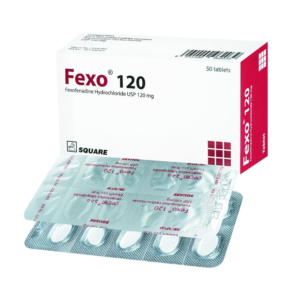
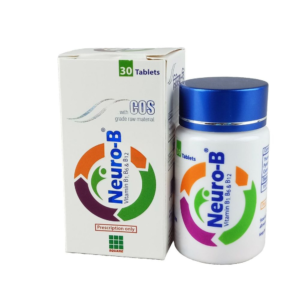

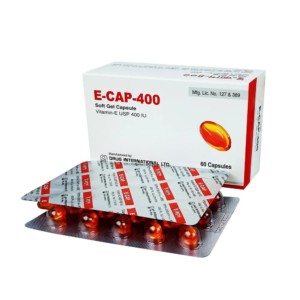

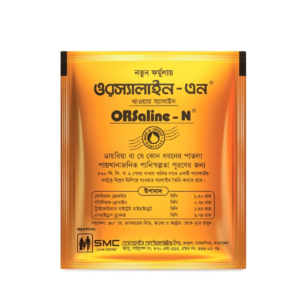
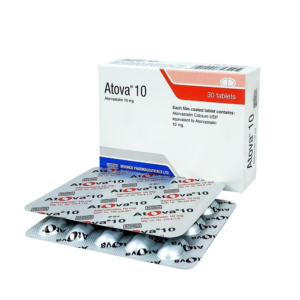



Reviews
There are no reviews yet.